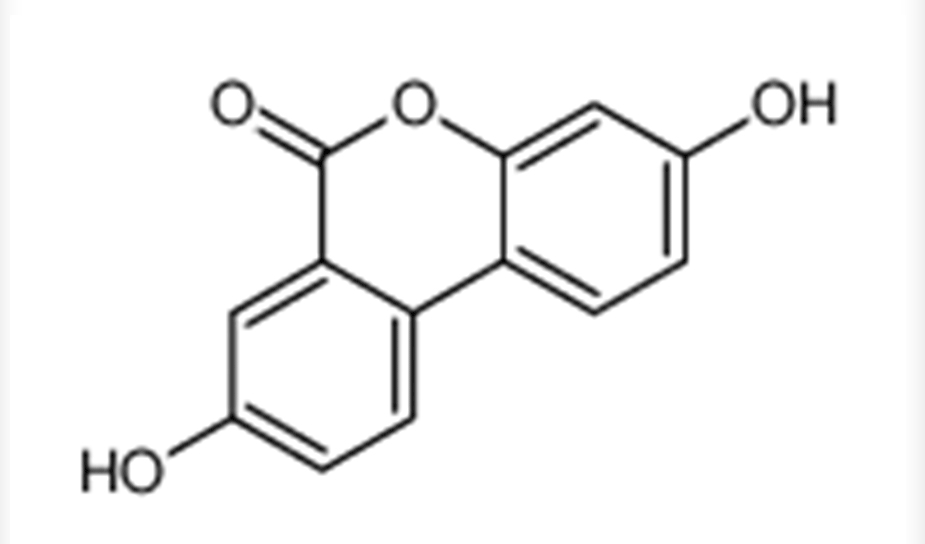Urolithin A is a metabolite produced by the gut microbiota through the transformation of ellagic acid, a compound found in various fruits and nuts. Research on urolithin A is still in its early stages, but there is growing interest in its potential health benefits.
Application of Urolithin A
1.Mitochondrial Health:
Urolithin A has been studied for its potential to improve mitochondrial function. Mitochondria are the cellular powerhouses responsible for energy production. Enhancing mitochondrial health may have implications for overall cellular function and may be relevant in addressing age-related decline in energy metabolism.

2.Muscle Health:
Some studies suggest that urolithin A may have positive effects on muscle health. It has been investigated for its potential to enhance muscle function, increase muscle mass, and improve physical performance. This could have implications for conditions related to muscle wasting or age-related muscle decline.
3.Anti-Inflammatory Properties:
Urolithin A has demonstrated anti-inflammatory properties in certain studies. Inflammation is associated with various chronic diseases, and compounds with anti-inflammatory effects may have potential applications in conditions where inflammation plays a role, such as arthritis or inflammatory bowel diseases.
4.Antioxidant Effects:
As an antioxidant, urolithin A may help neutralize harmful free radicals in the body. Antioxidants are important for protecting cells from oxidative stress, which is linked to various diseases, including neurodegenerative disorders and cardiovascular diseases.
5.Potential for Age-Related Conditions:
Given its association with mitochondrial health and anti-inflammatory properties, urolithin A has been explored for its potential in addressing age-related conditions and promoting healthy aging.

6.Neuroprotective Effects:
Some studies suggest that urolithin A may have neuroprotective effects, potentially offering benefits for conditions associated with cognitive decline or neurodegenerative diseases like Alzheimer’s.
7.Cancer Prevention:
While research is in the early stages, there is interest in exploring urolithin A’s potential in cancer prevention. Some studies have suggested anti-cancer properties, but more research is needed to establish its efficacy and safety.
It’s important to note that while these potential applications are intriguing, more research is needed to fully understand the mechanisms of action, optimal dosage, and potential side effects of urolithin A. As of my knowledge cutoff in January 2022, the field of urolithin A research continues to evolve, and ongoing studies may reveal more about its applications and limitations.
